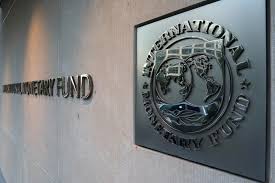The International Monetary Fund (IMF) on Thursday expressed concerns about the escalating conflict in the Middle East, warning of heightened risks and uncertainty that could have broad economic repercussions for the region and beyond.
IMF spokesperson Julie Kozack addressed the issue during a news briefing, stating that the organization is closely monitoring the intensifying conflict with grave concern. While it is too early to fully assess the economic impact, Kozack noted that the economies most affected—West Bank, Gaza, Lebanon, and Israel—are already experiencing severe hardship.
Kozack highlighted that the global economy has thus far been impacted primarily through increased shipping costs and fluctuating commodity prices, though these remain below the highs seen last year.
READ MORE: Senate Committee Set to Review Artificial Intelligence Regulation Bill 2024
In Gaza, Kozack emphasized the dire socioeconomic conditions, including a humanitarian crisis and inadequate aid. Preliminary estimates suggest an 86 percent drop in GDP during the first half of 2024. The West Bank has also suffered, with early data pointing to a 25 percent decline in GDP for the same period.
Lebanon’s already fragile economy is worsening under the strain of the conflict, which has caused significant human and infrastructural damage. Meanwhile, Israel saw its GDP shrink by 20 percent in the last quarter of 2023 following the outbreak of the conflict. The country has only seen a partial economic recovery in the first half of 2024.


